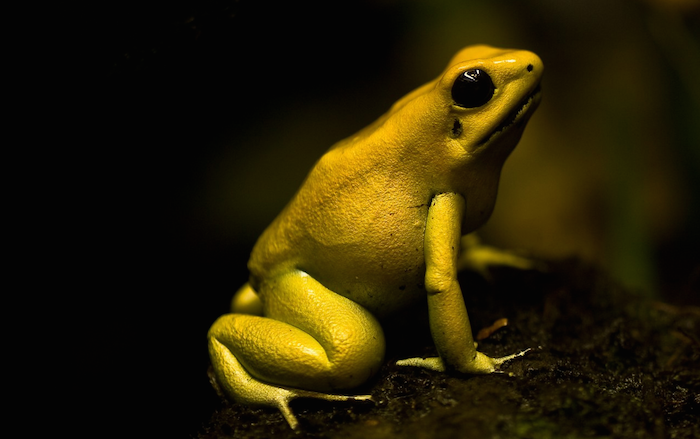7. Blue-Ringed Octopus
via:www.animalspot.net
Don’t be fooled by the 50 blue shimmering rings that cover the yellow skin of this ocean dwellers dorsal and lateral surfaces. Dwelling in the shallow waters and coral reefs of of the eastern Indo-Pacific Oceans, parts of Japan and South Australia, you are advised to swim the other way when you encounter this octopus.
Their brilliant colors and small size mean people tend to brush against them and even pick them up sometimes. But when agitated, they bite and release a neurotoxin, that is considered 1,200 times more toxic than cyanide.
This tetrodotoxin causes paralysis and respiratory arrest with minutes of biting, which quickly leads to cardiac arrest. There is currently no antivenom to the blue-ringed octopus tetrodotoxin.







































Discussion about this post